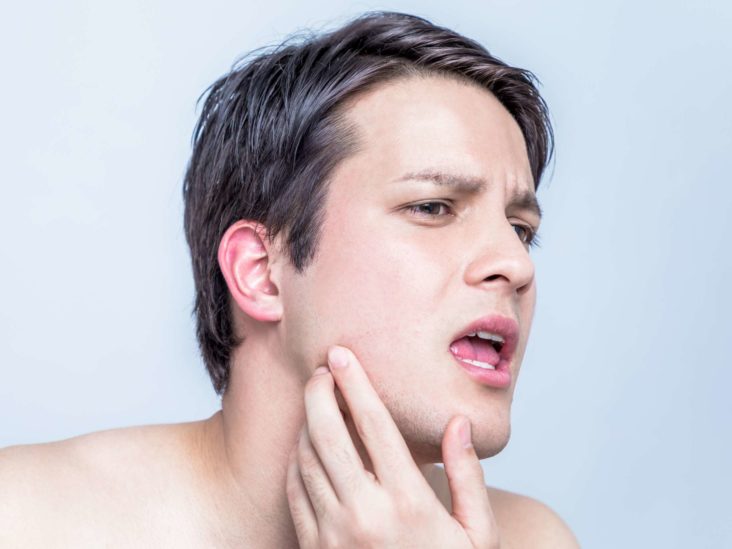Flat warts are more common in young children and adults. This is because our immune systems become stronger as we age. Flat warts are sometimes called juvenile warts.
What are Flat Warts?
Flat warts are small, about the size of pinheads. They have flat tops that are slightly elevated above the skin. They often cluster in one area, such as the forehead or face, but they can also be found on the arms, neck, and hands. There can be as many as 100 or more, depending on the color of the skin.
The human papillomavirus, or HPV, is responsible for warts. There are over 100 strains of this virus. Flat warts are caused by the strains of this virus that number 3, 10, 28, and 49. To invade, grow, and become a wart, the virus in the form of virus particles must be broken into the skin.
They can become contagious once they develop into warts, which can take up to one year. They will be most noticeable in areas where you are often shaving, such as the legs of women and the faces of men.
Flat warts are harmless and cause no pain. They will disappear on their own. They can be very difficult to treat as they are often in large numbers and can re-infect themselves.
Flat warts can be prevented by using these tips:
- Avoid direct skin-to skin contact with anyone who has warts.
- After touching anyone else’s or your own warts, wash your hands with soap and water.
Flat warts can suddenly return after they have disappeared completely. You will need to treat them again. Flat warts are often caused by a virus that is still in your body and your immune system is not strong enough to eliminate it.
Who is at Greater Risk of Warts?
Majority of cases are found in children between 12 and 16 years old. The most common skin conditions treated are warts. They can be found in both males and women.
Because children are often in close contact and have skin cuts or scratches, they are more likely to contract warts. Razor cuts to the neck, face, or legs are also a risk for young people who begin to shave.
Teenagers with acne and pimples, or others who have it, may pick at or touch their skin more often. This can lead to HPV infection. Patients with compromised immune systems due to chemotherapy, radiation therapy, drugs or other factors are more at risk of contracting HPV. Bad hygiene can increase your chance of getting warts.










